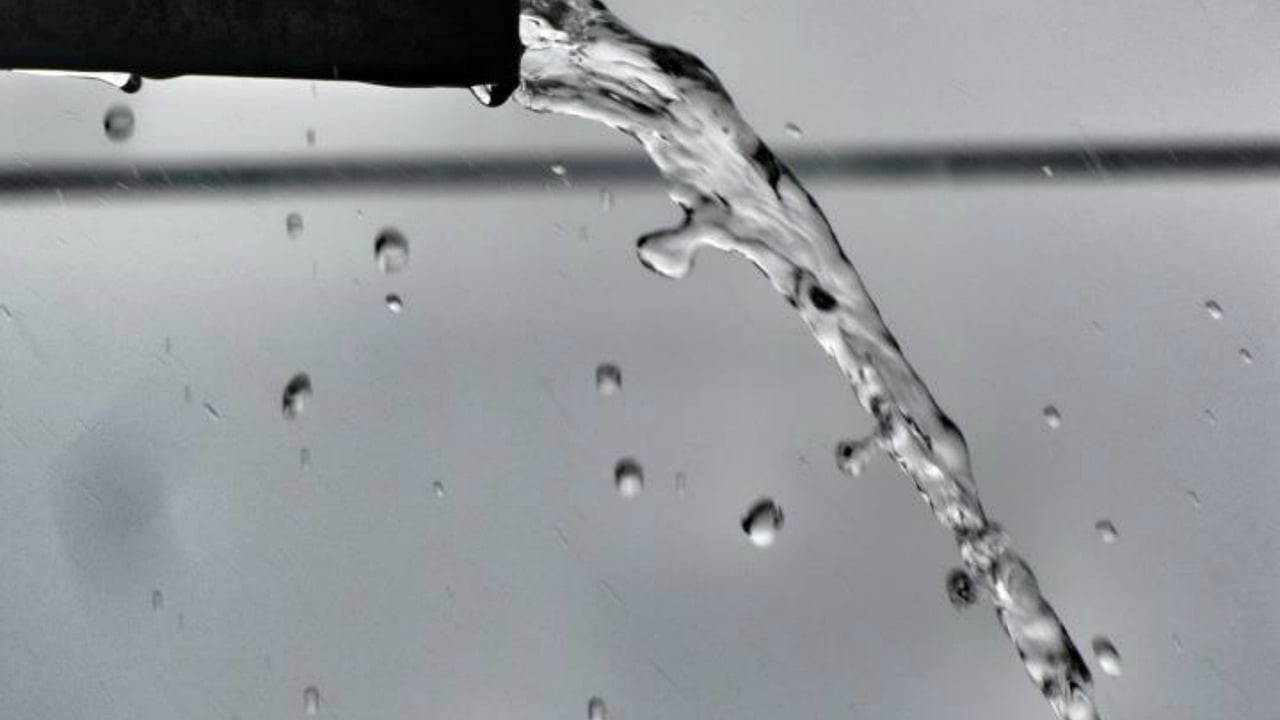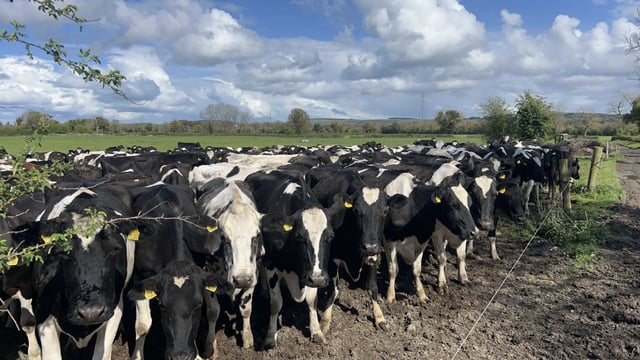EPA: 'Urgent need' for mandatory registration of private water supplies
The Environmental Protection Agency (EPA) has warned that there is an "urgent need" for mandatory registration of private drinking water supplies.
The total number of small private supplies (SPS) remains unknown as there is no legal obligation to register them. Unregistered supplies are not monitored by local authorities.
The EPA Drinking Water Quality in Private Group Schemes and Small Private Supplies 2024 Report, released today (Wednesday, July 23), shows that 24 private group schemes (PGS) failed to meet E. coli standards.
This figure is up by 13 from the EPA report issued in 2022. Furthermore, 19 PGS failed to meet trihalmethanes (THMs) standards in 2024.
Currently, over 370 PGS supply drinking water to 193,000 people across rural communities in Ireland.
In addition, many businesses and public facilities supply water from their own private wells, these are categorised as small private supplies (SPS).
There are almost 1,700 SPS registered with local authorities, but many more are not registered. These include supplies serving schools, nursing homes, sports clubs, and self-catering accommodation.
EPA director, Micheál Lehane said: "The lack of a mandatory requirement to register a private supply serving water to the public is a serious legislative gap that must be addressed.
"Without registration and subsequent monitoring by local authorities, consumers are unaware of the potential health risk they may be exposed to.
"Everyone has the right to safe drinking water. We want to see mandatory registration, but in the interim we strongly encourage private suppliers to register with local authorities so that all proper safety checks can be carried out on their supply.”
The EPA has stated that meeting E. coli standards is a "minimum requirement" in the provision of safe drinking water and failures indicate a lack of proper disinfection which must be addressed by water suppliers.
E. coli failures were recorded in 51 SPS that were monitored by local authorities, posing a risk to consumers that use these supplies.
Programme manager at the EPA's office of radiation protection and environmental monitoring, Noel Byrne, said: “E. coli contamination of a drinking water supply can cause serious public health impacts.
"E. coli compliance has declined with almost double the number of private supplies failing in 2024 compared to 2022.
"This needs to be addressed as every community deserves access to safe, clean drinking water. Suppliers must take action to upgrade their systems and meet standards.
"Local authorities, as the regulator of private group schemes, need to take the necessary enforcement action to ensure public health is protected.”
THMs can form when natural material like leaves or other organic matter in the water source, react with chlorine used to disinfect the drinking water.
According to the EPA, while disinfection is essential, THM levels should also be kept as low as possible and in compliance with the drinking water standards.
In 2024, 19 PGS supplying 21,800 people failed the standard for THMs. This shows little change from 2023 when 21 schemes supplying 22,000 people failed the standard.
Local authorities monitored 91% (1,517) of the 1,663 registered SPS at least once during 2024, which is an improvement from 86% in 2023 and 75% in 2022.
The Department of Housing, Local Government and Heritage (DHLGH) is responsible for water policy and making funding available for improvements to private supplies through the Multi-Annual Rural Water Programme (MARWP).
The new cycle of the MARWP 2024-2026 was launched in January 2024, with €45 million awarded to group water schemes for improvements to treatment infrastructure in 2024 by DHLGH.
A review of the rural water sector commissioned by DHLGH highlighted several key issues including:
- Making it a legal requirement for private water suppliers to register supplies with the local authorities;
- Implementing measures to improve the management and oversight of supplies.






